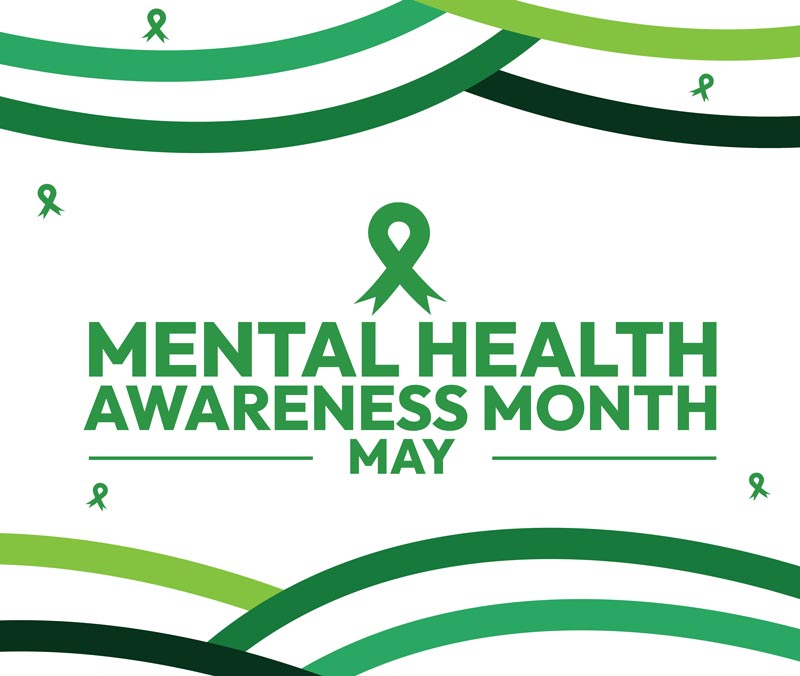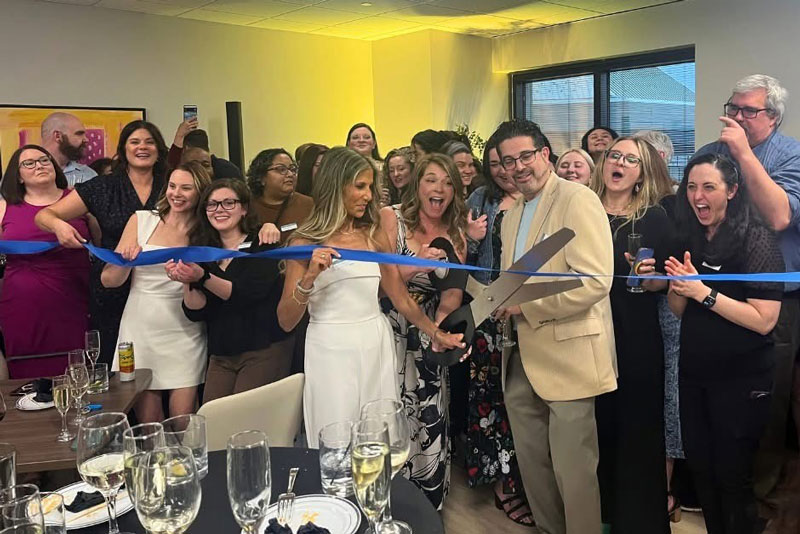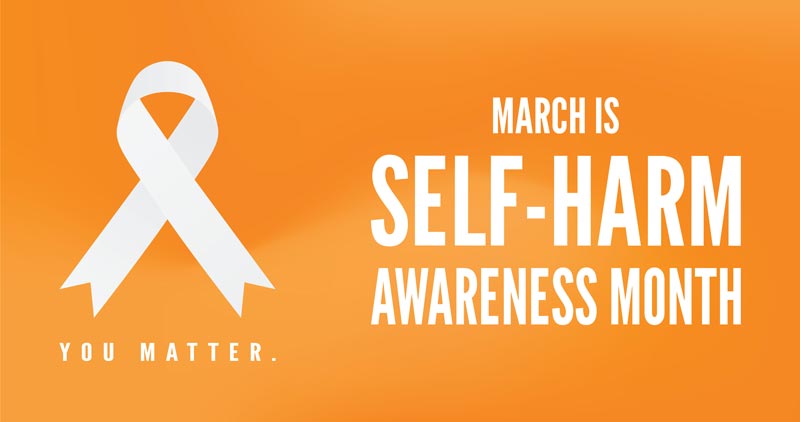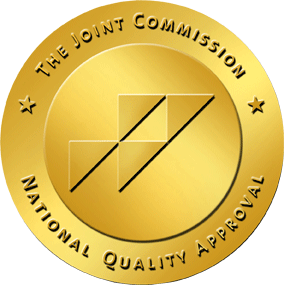By: Kenya Evans
Something Was Wrong
It began with a slight tickle going down my spine. The entire day I had gone without really noticing it. That was–until I sat down and locked into my feelings. Something felt—off. I remember moving off the bed and maneuvering my swollen belly around the bedroom door. I immediately told my husband something seemed different.
I was nine months pregnant with a baby boy. It was my second pregnancy, and although everything seemed fine, I was nervous. My husband quickly brushed off my concerns. “Go to the ER if you want, but I’m sure everything’s okay. You’re just having jitters.”
It was more than just jitters. My first pregnancy hadn’t gone to plan at all. It was a high-risk pregnancy, as my blood pressure frequently sky-rocketed, and I suffered from extreme hyperemesis. The day I went into the hospital, the doctor tried to induce labor. After hours of awful contractions and pain, there was a failure to progress, so my doctor ordered a c-section.
I lost a lot of blood during the procedure, vomited, and could barely remain conscious. I was in the hospital for an entire week. Doctors were hesitant to discharge me. When I finally went home, the hospital staff called me constantly, amazed that I was walking, talking, and coherent.
I wanted my next birth to be different. And from all accounts, it seemed to be. The baby was surpassing all the necessary milestones, and while I had morning sickness, it was nothing like before. I looked forward to having a safe experience. I’d picked my doctor and hospital with care. I’d even briefly flirted with the idea of securing a doula.
After all, during my first pregnancy, I’d switched providers, having felt that the previous doctor did not adequately address my concerns. Even during the birth procedure, an extremely mean nurse made the ordeal even more unpleasant. However, I felt reassured that I’d done all my research and had the support I needed this time around.
So as I sat in the ER, I thought I’d hear, “It’s alright, go home.” But as time passed, I knew something was amiss. My intuition was proven correct as the doctor heaved a light sigh and told me, “There’s some protein in your urine.”
I blinked once, then twice, unsure of what to make of that statement. She went on to explain that protein in the urine signified pre-eclampsia. I also had alarmingly high blood pressure. And it was steadily climbing. They were worried I’d have a stroke. “The baby’s fine,” she reassured me. “However, you’re not.”
Although I had a planned c-section the next week, they had to take the baby out right away. They began prepping their team for surgery. Meanwhile, I called my husband. I let him know they were taking the baby out that night. He began preparing to come to the hospital. He was the only one allowed by my side due to Covid. Visitation was limited, and most importantly, there was no nursery for fear the virus could spread among the newborns.
Once the team was ready, and my husband was there, they gave me an epidural. While it was unpleasant, there were no surprises there. The surgery was over quickly, and the baby was just fine. I could even hear his tiny cries from where I lay. I felt such joy and relief.
Surgical Complications
After the surgery, I had the shakes. The nurses reassured me this was normal. It was a by-product of the epidural. A nurse placed the baby on my chest, and I saw him for the first time. I felt my earlier trepidation melt away as I looked at his little face. I had nothing to worry about, I told myself.
I felt fine until I was wheeled into my room. That same feeling of something being off came roaring back. I felt woozy and dizzy. The room began to spin. “What’s going on?” I asked no one in particular.
The nurses hurriedly took my son away. The room was buzzing with activity. I still didn’t know what was happening. The doctors and several nurses rushed about, trying to figure out an answer to a puzzle I hadn’t been given access to.
They pressed down on my fresh c-section incision. It was agony. I looked down and saw splashes of crimson all over me. I was bleeding out. I could hear the panic in the nurses’ voices. The doctor was rushing about, issuing orders. More nurses came in. They continued pressing down on the tender wound. I yelled, screamed, and pleaded.
My husband sat in the back of the room, unsure of what to do. He looked around dazedly and then came to my side and smiled. “It’s fine. They know what they’re doing.”
“What’s going on?” I asked. I felt my speech slur with tiredness. All I wanted to do was go to sleep. I fought against the feeling and tried to stay awake.
My husband shrugged. “It’s fine,” he said again, though I wasn’t so sure.
The nurses continued the pattern of pushing down on the wound, not liking what they saw, only to begin again. I begged for them to stop. “I’m so tired!” I cried. “Can I just get some rest?”
A nurse leveled a grave stare at me. “If we don’t do this, you’re going to die. You’re bleeding out, and we’re trying to stop it.”
I felt myself begin to shake. Was I really going to die? I wouldn’t be able to see my daughter grow up and or see my son take his first steps. I tried to hold my tears at bay. I need to be strong, I told myself.
My husband held my hand as they worked throughout the night. They frantically tried to stop the blood, but it seemed a losing battle. I began to think that maybe—I wouldn’t survive. I thought of my family and friends and wondered if I would lay eyes on them ever again.
After a while, I also began developing blood clots in my uterus. This made things even more difficult. After trying desperately to stop the bleeding, the doctor did something drastic—she reached inside of me and began pulling at the blood clots. While it was painful, I tried to stay still and let her work. The bleeding dulled as the hours wore on, and the clots stopped forming.
I will never forget the doctor heaving a big breath as she monitored my vitals. One of the nurses came to her side and asked softly, “How did you know that would work?”
The doctor shook her head. “I didn’t.” A chill ran through me. But I was glad I was alive.
They monitored me closely for the next few days. I was subjected to numerous tests, blood draws, and examinations. The surgery and the earlier attempts to stop the bleeding left me in great pain. I was also dealing with a new baby that cried as soon as he was away from me. My husband came as often as possible, but I was still exhausted.
Trauma and The Aftermath of Birth
After a few days, I was allowed to go home. I wanted to put the experience behind me. But while I loved my new bundle of joy, I didn’t connect to him like my oldest. It made me feel guilt and shame. I also began remembering the scary moments after I gave birth. It kept me up often, and I got very little sleep. As a consequence, I was cranky all the time. I also dealt with engorged breasts, an erratic feeding schedule, and trouble getting my little one to latch on.
I had constant flashbacks of the event and I had trouble concentrating day-to-day. Watching television often became overwhelming. A scene about childbirth or dying would send me into a panic. The mere thought of hospitals, doctors or waiting rooms made me feel faint and afraid. I even avoided my dentist. I would often erase voicemail reminders to continue my root canal, feeling terrified of being immobilized and numbed during the procedure.
This constant fear led to nightmares about not surviving the birth. I would see my death, my children growing up without me and my husband moving on with someone else. I became obsessed with housework as well, determined to scrub away everything I was feeling. I thought if I could control that aspect of my life, I could control everything else.
I spiraled into a depressive state, though I tried to hide it. After all, I reasoned, mothers aren’t supposed to be sad. And any mentions of the experience often brought on sentiments from people that, while well-intentioned, cemented the idea that I should just be grateful. I had a healthy baby, and I was alive.
I also didn’t want to burden people with my problems. So I tried to ignore the feelings bubbling up inside me and the intrusive thoughts that told me I was weak, a whiner and couldn’t cut it as a mom. It all came to a head when my husband found me crying hysterically in the shower one morning. I was at my breaking point. He told me I had to get help.
He arranged for a friend of mine to stay with us for a few weeks. I also made an appointment with a local therapist. My husband took off a few weeks from work, and we sketched out a rotating care schedule. This allowed me to get more sleep and not feel so overwhelmed.
PTSD Diagnosis
When I found myself sitting across from the therapist, I didn’t know what to say. I had always been a staunch advocate for therapy. However, I couldn’t find the words to describe how I was feeling. I also battled feelings of shame and inadequacy. What would the therapist think of me? Would she think I was a horrible mother? That I couldn’t handle my problems or issues?
As the session progressed, I found words spilling out of my lips. I told her how I had nightmares. I told her about my insistent fear of dying. I told her about my racing heart and palpitation episodes and my anxiety. Once everything poured out of me, I felt relief.
And my therapist didn’t judge me or admonish me or anything of that sort. She listened intently. After a few sessions, I came to find that I was dealing with PTSD, or Post-Traumatic Stress Disorder.
I was floored. The term conjured up images of people in the military. However, learning about this diagnosis led me to challenge many of my assumptions. PTSD stems from a traumatic experience.
You don’t have to experience military combat to have it, though some do. It also is not limited to a strict timeline. You can experience PTSD symptoms years after an incident. I found that I was not only dealing with anxiety from the birth of my son but my daughter too. I also had a history of intense trauma.
In the end, my therapist also normalized my feelings of being overwhelmed. I didn’t realize I was holding myself up to a ridiculous standard, but I was. Of course, I was feeling pressure and anxiety! I had a new baby. Moms are not superhuman, no matter what society says. It was also common to feel fear after nearly dying. By validating my feelings, my therapist made me feel less alone.
She also worked alongside a psychiatrist who recommended a low-dose of Sertraline commonly known as Zoloft. I was uncomfortable with taking meds at first. I grew up in a community where stereotypes surrounding therapy abounded. Meds were considered not only a crutch for those that couldn’t handle their issues, it was also thought of as something for those that weren’t capable of being saved or “redeemed.”
I found that I still harbored fears associated with that kind of thinking. I began to dismantle years of hard-wired assumptions about what people would think, how I should feel, and what my diagnosis and medication intake meant. I concluded that self-care included doing what was best to feel better, inside and out.
By seeking out help, I was doing what I could to be the best version of myself that I could be. And it didn’t mean that I wasn’t worthy of being saved or was beyond redemption. It meant that my recovery was a unique journey that would be a worthwhile and fulfilling challenge.
DBT & Coping Strategies
Through the course of my sessions, I learned that I would never “get over” some of my anxieties. Instead, I would have to develop reliable coping mechanisms. For instance, whenever I had overwhelming fear and thoughts about that experience, I learned mindfulness techniques that ground me in the present.
Other strategies included weekly talk therapy sessions. Speaking with a therapist regularly allowed me the chance to see things from another perspective and validate my experiences. I took up meditation, began an exercise regimen and tracked the amount of sleep I was getting along with reducing my caffeine intake.
I have also found that certain activities helped make me less anxious. I began getting back into dance. I wrote more. I took up cooking and knitting classes. I take time each week for self-care and to relax. And if the thoughts became too much to bear, I took a cold shower, a short walk, or phoned a friend.
I also accepted that time would help me rebuild, but I wouldn’t be the same. I’d be someone different but whole. And that was okay. My son is now a happy, healthy one-year-old, and I couldn’t be prouder.
I can’t say that I’m ‘cured,’ but I am recovering. Each day brings a different struggle, but I can manage it. That always gives me hope.
About the Author
Kenya Evans is the Digital Marketing Specialist for Skyway Behavioral Health. She’s also a writer, content producer, and video creator. Before coming to Skyway, she was an alum of DePaul University, earning undergraduate and graduate degrees in psychology and sociology. She’s also the mother of two children, Benjamin, age 1, and Haley, age 11.
If you or someone you love is dealing with PTSD, don’t hesitate to call us at 224-970-1022. Skyway specializes in trauma treatment. We’re here for you!




